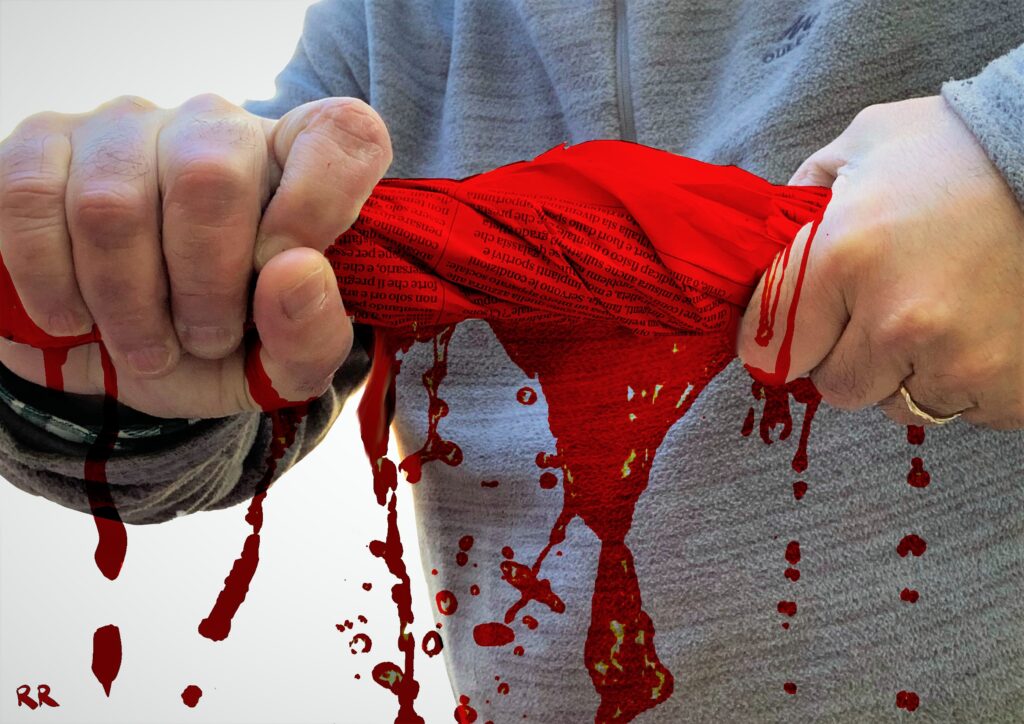At the time when it was common, at least among journalists, to debate the most suitable models for the different target audiences in the universe of newspaper readers, it was common to recognize the existence of three standard models - the reference models, the popular quality models and the sensationalists.
The reference newspapers almost always presented themselves with more text than images and with an erudite language, in opposition to the sensationalist newspapers, with little text, with large photographs, with strong titles and with the inclusion of graphic elements in bright colors. .
In the dream of synthesizing these two universes, some newsrooms rehearsed the model of the so-called quality popular newspapers, trying to reach the generous circulation of the sensationalist newspapers without giving in to the more primary characteristics of the latter models.
In a slang parallel to that of journalists, it was said of some newspapers well known for their sensationalism that they only managed to get good editions when, wringing out a paper copy like someone wringing a soaked towel, at least some blood and some humor came out, from preferably bad.
The survival of newspapers on paper has always been closely linked to their respective print runs and these, which determine greater or lesser capacity to attract advertising, only grow visibly when they satisfy the interests that potential readers show in the open.
It is in this melting pot of culture that the second audiovisual revolution, to which the Internet brought us, potentiated the phenomenon of disinformation better known by the English expression of “fake news”, an expression that I try to avoid to the extent that a lie can never be news. By the very definition of news.
While communication continues to be a cornerstone for any Power, the fight against rampant disinformation is as urgent as it is difficult. It is assumed as a combat that cannot be neglected, which will have to be permanent and, preferably, count on many allies. From the outset, and in the first line, with the indispensable ally of School Education.
Author Júlio Roldão, a journalist since 1977, was born in Porto in 1953, studied in Coimbra, where he spent, in the 70s, at the Teatro dos Estudantes and the Círculo de Artes Plásticas, having, in 1984, returned to Porto, where he lives.


















Comments